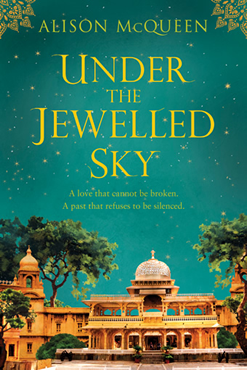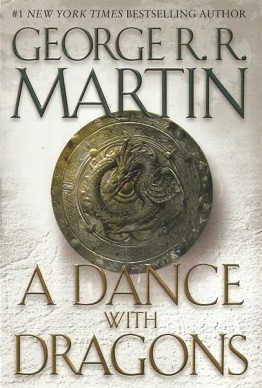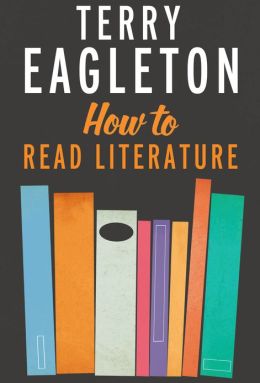
Alif is a young hacker living in a unnamed city in what can be presumed to be the United Arab Emirates in the time of the Arab Spring. Drawn to computing and to making money, he sells his skills to whoever can afford them, from Islamic terrorists to the owners of pornography sites. At the opening of the book, Alif's relationship with upper class Insitar is falling apart with the knowledge that she will soon be marrying a wealthy member of the Arab elite. In his sadness and anger, Alif creates a new program that can identify an individual, no matter what machine they are using, and uses it to cut Insitar off from his life. But the program makes him vulnerable to the Hand, the state security monitoring devices, and the arrival of a mysterious book from Insitar only increases the danger. With the help of his neighbour Dina and an American convert to Islam, Alif learns that the seeing world isn't the edge of reality and that invisible dangers, including djinns and demons, might lurk beneath.
I was very pleased to see
Alif the Unseen on the long-list for the Women's Prize for Fiction 2013, as it's rare that you see a fantasy novel long-listed for a literary prize. I was excited to get to it after reading
JoV's review which described it as part Harry Potter, part Arabian Nights. Two of my most favourite things! This combined with the praise from Neil Gaiman on the front cover, probably raised my expectations a bit
too high, for
Alif the Unseen is a very good book, but perhaps not a great one. As a fan of the original Arabian Nights, I loved how Wilson borrowed the mythology of the djinns from this and from the Qu'ran and then adapted it to create her world, where djinns and humans used to coincide before the narrow-mindedness of the humans made the djinns virtually invisible. Characters with closed minds still can not fully appreciate the world around them as it truly is. I liked the moral ambiguity of the djinns and the way the fantasy was interwoven with modern politics, such as in the section where Alif is held by the state in a brutal way. In the same way the djinns moved in and out of human consciousness, the fantasy elements moved in and out of the story.
Alif's neighbour, Dina, was a fantastic character and I loved how G. Willow Wilson used her and the American convert to subtly challenge preconceptions about Muslim women. Even though Dina has chosen to wear the veil, she's outspoken, brave and most definitely the source of Alif's strength. On the whole the book was well plotted with a good pace that kept me turning the pages. I liked the mythology of the 'Thousand and One Days', the book that Insitar gave Alif at the end of their relationship.
There was so much to like about this book and it certainly ticked all of the things I love to read about at the moment (fantasy, Arabian Nights, adventure, strong female characters, old books). However, it was a bit lacking overall. The reveal about the person behind the Hand, the state security system, didn't quite work and his motivations for causing such suffering seemed to keep on changing, which took away from the plot. There's only one djinn character that has any kind of character development, which made some of the nastier djinns much less threatening. The book overall was suffering from a lack of depth. Despite the fact that I so wanted to love this book and treasure it forever, I couldn't
quite do it. Still, I'm pleased to see it on the long-list and I hope that it leads to more fantasy books on the long-list in future, as it makes a refreshing change.
Source: Library
First Published: 2012
Score: 3.5 out of 5
















